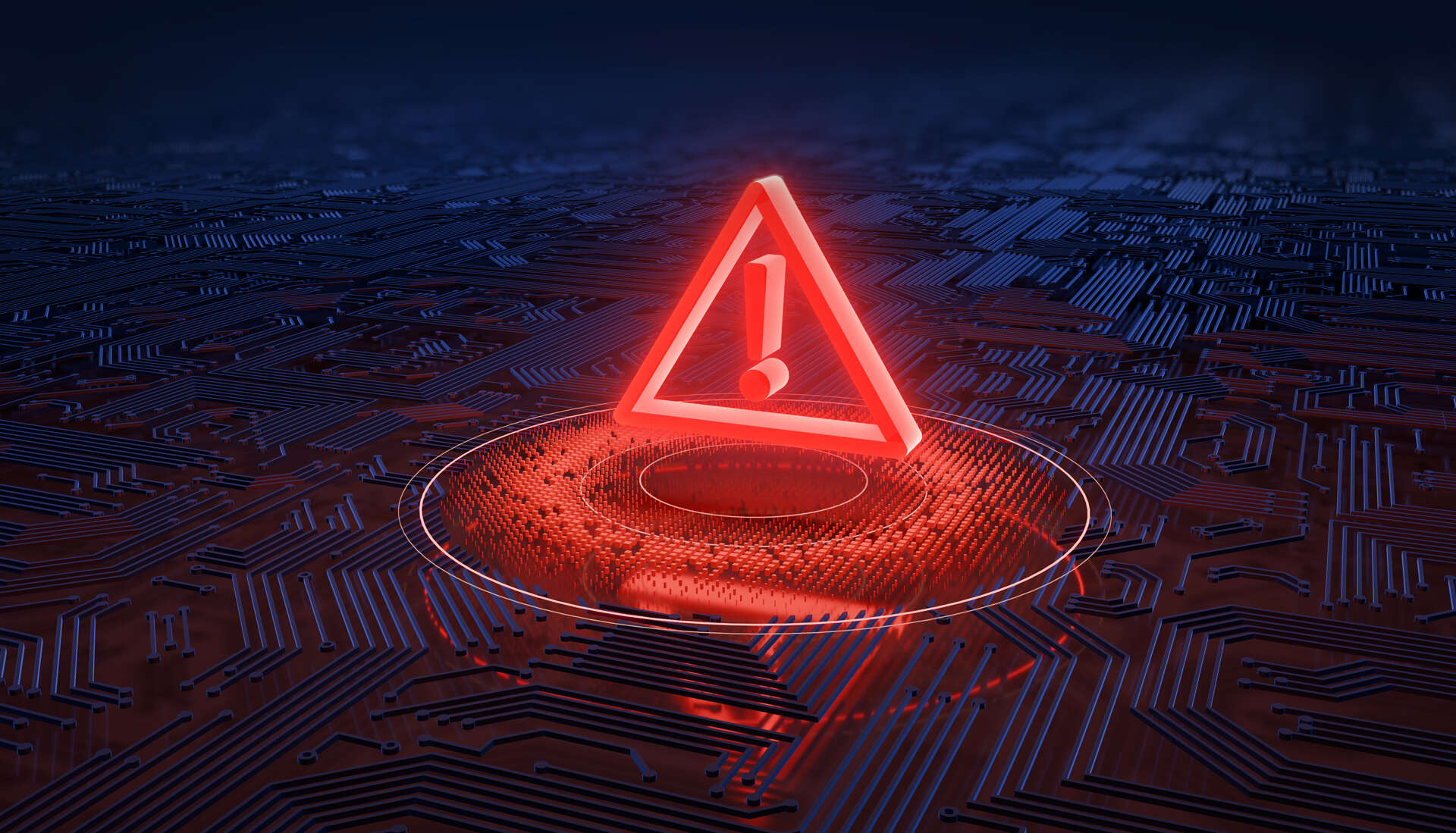The Precision Play: Platform Consolidation Disrupts Point Solutions
The cybersecurity market’s most profound transformation centers on platform consolidation replacing the failed point-solution paradigm. Enterprise customers, exhausted by managing dozens of security tools with poor integration, increasingly demand unified platforms that deliver multiple capabilities through single vendors.
Wiz (Israel) demonstrates platform economics at hyperspeed. The company achieved a $12 billion valuation while becoming the fastest SaaS company to reach $100 million ARR in 18 months and serving 40% of Fortune 100 customers[1]. Their success stems not from revolutionary technology, but from solving the integration problem that fragments cybersecurity spending across multiple vendors. CEO Assaf Rappaport’s strategy of aggressive consolidation through acquisitions — Gem Security for $350 million, Dazz for $450 million — creates competitive moats that point solutions cannot match.
Palo Alto Networks (USA) provides the mature template. The company achieved $9.2 billion annual revenue with 125% Net Revenue Retention by successfully consolidating 20+ discrete cybersecurity products into a unified platform[2]. Their “platformization strategy” enables land-and-expand models that generate $100+ million deals with major enterprises, demonstrating how consolidation creates both customer stickiness and pricing power.
Post-quantum cryptography presents one of the sector’s most significant long-term opportunities. SandboxAQ (USA) raised $300 million at $5.6 billion valuation for quantum-resistant cryptography platforms, signaling an early-mover advantage in addressing “harvest now, decrypt later” attacks where adversaries collect encrypted data today for future quantum decryption[3]. The projected arrival of cryptographically relevant quantum computers by 2029-2035 will obsolete current encryption standards, creating a $7.1 billion transition opportunity in the US government alone.
Swiss quantum cryptography leaders like Terra Quantum and ID Quantique possess technical advantages that could translate into massive commercial returns as quantum threats materialize. The NIST post-quantum encryption standards released in August 2024 validate this technical direction while creating systematic migration requirements across all digital infrastructure[4].
Instaurer la confiance : Ce qui sépare les gagnants des prétendants
Trust has become cybersecurity’s scarcest commodity, and companies that systematically build trust through operational excellence command premium valuations regardless of technological sophistication. Three approaches demonstrate what creates lasting commercial validation:
Commercial validation at scale. Company: CrowdStrike (USA). CrowdStrike achieved $921 million quarterly revenue with 33% year-over-year growth, demonstrating that trust translates directly to financial performance[5]. Their 97% gross retention rate and $2.86 average revenue per customer reflects institutional confidence built through transparent reporting, consistent execution, and clear customer value delivery. The company’s recovery from their July 2024 global outage — maintaining customer growth despite widespread service disruption — proves that systematic trust-building withstands operational failures.
Regulatory excellence. Company: Proton AG (Switzerland). Proton generated $97.5 million in 2024 revenue serving 100+ million users globally by leveraging Swiss privacy principles and infrastructure control that competitors cannot replicate[6]. Their systematic approach to privacy-first architecture, transparent governance, and Swiss legal framework advantages create permanent competitive differentiation. The company’s expansion into business services demonstrates how regulatory positioning enables premium market access.
Operational transparency. Company: Palo Alto Networks (USA). Beyond their platform success, Palo Alto maintains industry-leading operational metrics: 99.99% service availability, systematic threat intelligence sharing, and comprehensive security research publications that build industry credibility[7]. Their Unit 42 research division publishes detailed threat analysis that competing vendors cite, creating thought leadership that translates to customer acquisition advantages.
For entrepreneurs, these examples highlight what investors actually look for: proven leadership teams with enterprise experience, systematic approaches to operational excellence, and transparent governance structures that build institutional confidence. For investors, these trust signals become increasingly important as cybersecurity failures create board-level accountability. 81% of Fortune 100 companies now have audit committee oversight of cybersecurity[8].
La lentille suisse : Avantages pour les constructeurs et les bailleurs de fonds
Switzerland offers unique competitive advantages for cybersecurity companies through regulatory arbitrage, technical excellence, and market positioning that create sustainable differentiation. The Swiss cybersecurity market’s CHF 1.2-1.5 billion size understates its strategic importance as a gateway to the €45-75 billion European opportunity now turbocharged by mandatory compliance requirements.
For entrepreneurs, Switzerland provides systematic regulatory advantages.
- The NIS2 Directive transforms European cybersecurity from discretionary to mandatory spending, affecting 160,000+ entities across 18 critical sectors with penalties reaching €10 million or 2% of global turnover[9]. Combined with DORA effective January 2025 and the Cyber Resilience Act launching 2027, European organizations face unprecedented compliance mandates requiring systematic security investments.
- Swiss privacy laws provide stricter protections than GDPR, creating premium market positioning, while Swiss political neutrality and data sovereignty offer compelling value propositions for multinational enterprises. For example, WISeKey International leverages its Swiss heritage to serve 1.5+ billion IoT deployments globally, while its quantum-safe security positioning addresses long-term cryptographic threats that most competitors ignore[10].
For investors, Swiss cybersecurity demonstrates remarkable innovation density.
For investors, Swiss cybersecurity demonstrates remarkable innovation density through notable companies like Kudelski Security for IoT protection, SCRT for secure communications, and Securosys for hardware security modules, alongside emerging startups in the Trust Valley ecosystem[11]. The Trust Valley accelerator and Tech4Trust programs provide deal flow access to technically superior startups with natural European market advantages.
However, both builders and backers must acknowledge market realities. The cybersecurity unicorn bubble shows clear implosion signals, with Noname Security’s dramatic fall from $1 billion valuation to reportedly selling for “hundreds of millions” marking the first known cybersecurity unicorn devaluation[12]. Revenue multiple compression from 17.7x at 2021 peaks to 7.3x by late 2023 creates downward pressure for 62 cybersecurity unicorns collectively valued at over $200 billion.
La connexion CapiWell
The cybersecurity sector’s evolution toward platform consolidation, regulatory-driven spending, and trust-based differentiation creates optimal conditions for sophisticated participants who understand that operational excellence trumps technological sophistication. CapiWell brings together discerning investors and execution-focused entrepreneurs, creating the environment where Swiss precision meets global innovation to identify genuine value in cybersecurity transformation.
Références :
[1] https://research.contrary.com/company/wiz
[2] https://investors.paloaltonetworks.com/news-releases/news-release-details/palo-alto-networks-reports-fiscal-fourth-quarter-and-fiscal-9
[3] https://www.crunchbase.com/organization/sandboxaq
[4] https://www.nist.gov/news-events/news/2024/08/nist-releases-first-3-finalized-post-quantum-encryption-standards
[5] https://www.alphaspread.com/security/nasdaq/crwd/investor-relations
[6] https://getlatka.com/companies/protonmail
[7] https://www.csoonline.com/article/569075/the-10-most-powerful-cybersecurity-companies.html
[8] https://www.ey.com/en_us/board-matters/cyber-disclosure-trends
[9] https://digital-strategy.ec.europa.eu/en/policies/nis2-directive
[10] https://www.wisekey.com/company/about-us/
[11] https://www.seedtable.com/privacy-and-security-startups-switzerland
[12] https://www.bankinfosecurity.com/blogs/what-happens-when-cybersecurity-unicorns-lose-their-horns-p-3406




